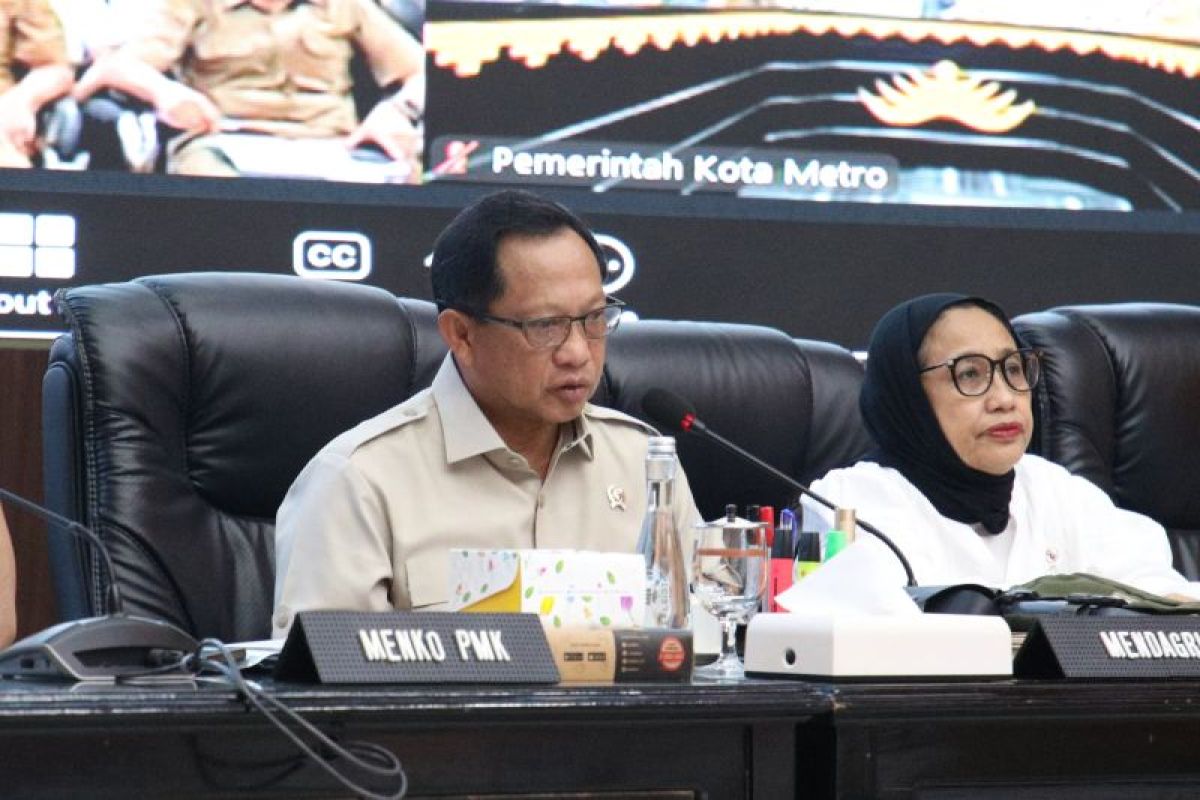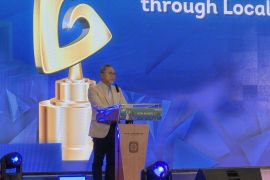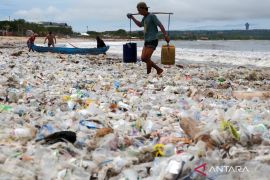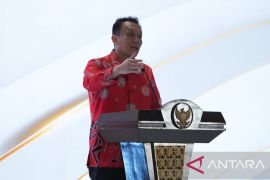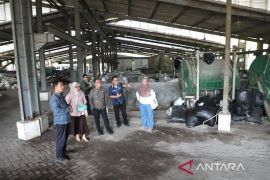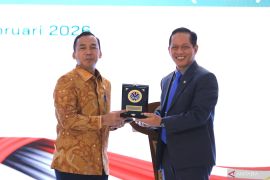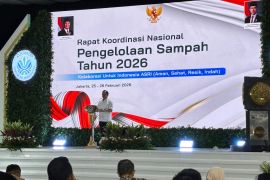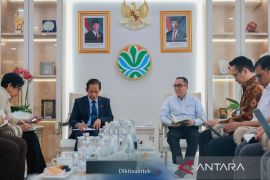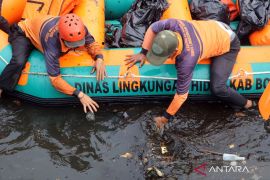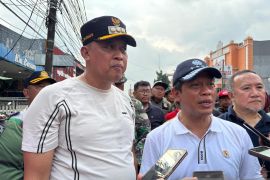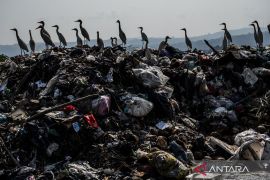“The most important step is establishing a proper collection system, starting with waste bins in communities, then transporting the waste to the final processing site (TPA),” Karnavian said in a statement on Friday.
He explained that once the waste reaches the TPA, regional governments must ensure land availability for the installation of incinerator units.
The minister also encouraged local administrations to educate residents about the functions and benefits of WTE technology to build public support for the policy.
Karnavian stressed that the program offers significant opportunities for regional governments, not only in managing waste but also in producing electricity.
“This is a valuable chance provided by the central government that regional leaders must pursue,” he said.
To ensure successful implementation, Karnavian said he has tasked Director General of Regional Administration Safrizal Zakaria Ali and Director General of Regional Development Restuardy Daud with directly overseeing the program.
They will also coordinate with the Ministry of Environment to assess and ensure regional readiness for the WTE program.
He further noted a shift in Indonesia’s waste management strategy, from a downstream-to-upstream approach to an upstream-to-downstream system.
With this method, communities are encouraged to practice reduce, reuse, and recycle (3R), so that the amount of waste reaching the TPA can be minimized.
“With this approach, only a small portion of waste will end up at the processing site,” Karnavian said.
Related news: Indonesia targets 10 key regions for waste-to-energy projects
Related news: Danantara to invest up to Rp3 trln per waste-to-energy site
Translator: Fianda, Kenzu
Editor: Primayanti
Copyright © ANTARA 2025
